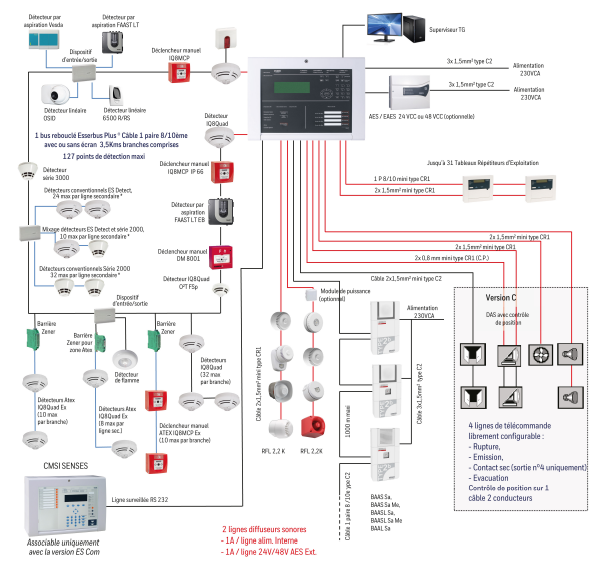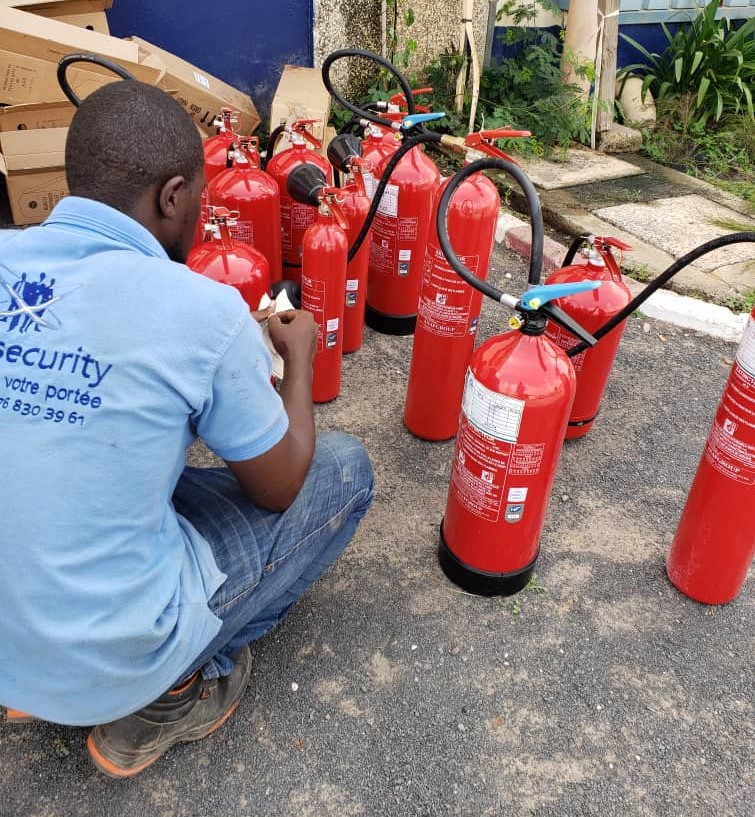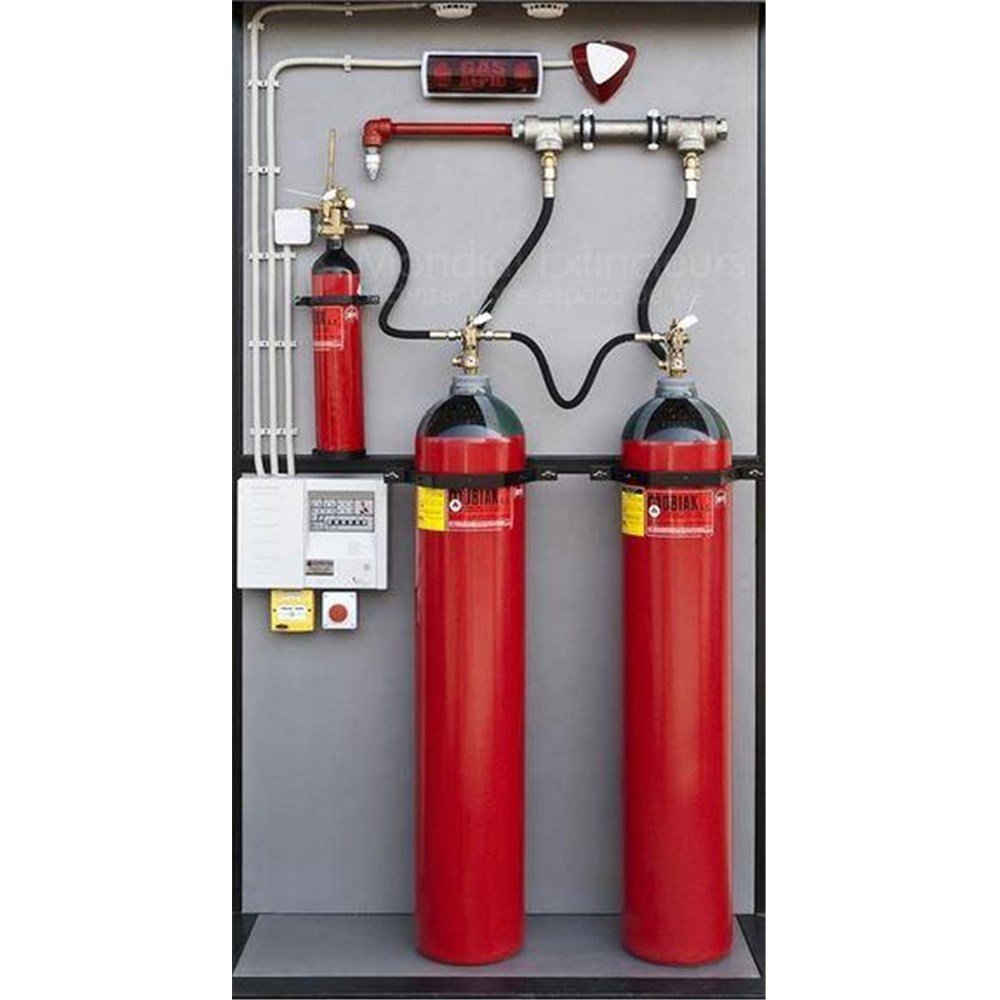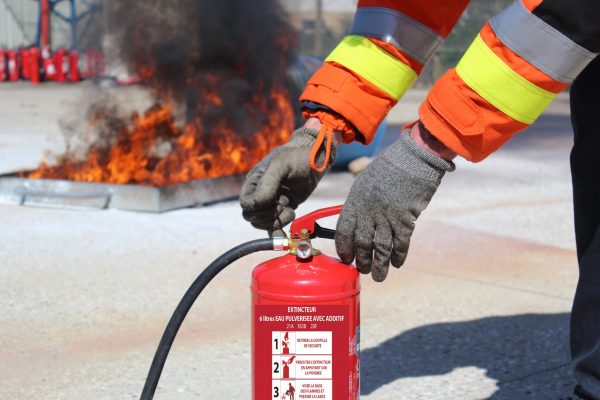In Facilities requiring environmental impact assessment, specific engineering studies such as hazard assessment studies or Internal Operation Plans are required and to be renewed every three years.
A hazard assessment study includes a description of the facilities and the environment, as well as an analysis of the risks associated with the facilities, the products handled, and the site environment. The major accident scenarios identified in this risk analysis will be simulated to quantify their probabilities and consequences on the structure's equipment and environment.
The Internal Operation Plan is an extension of the hazard analysis initially carried out. In the event of an accident, an Internal Operation Plan details operational measures, intervention methods and procedures to be implemented. These aim at protecting the staff, and the environment. It must also ensure that the emergency services are alerted and that the responsible authorities are informed.
SAHEL SECURITY has a highly experienced engineering department carrying out these specific projects, in close partnership with relevant State entities (DPC, DEEC)




